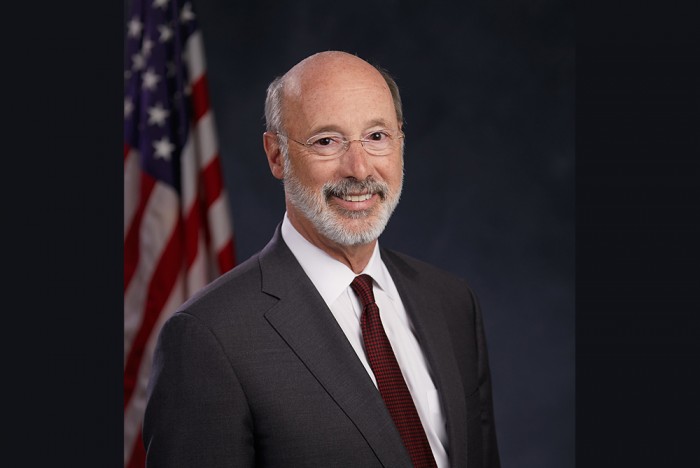To further support clinicians during the COVID-19 Public Health Emergency (PHE), the Centers for Medicare and Medicaid Services (CMS) has extended the 2020 Merit-Based Incentive Payment System (MIPS) Extreme and Uncontrollable Circumstances Exception application deadline until February 1, 2021.
For the 2020 performance year, MIPS eligible clinicians, groups, and virtual groups can submit an application requesting for CMS to reweight one or more performance categories to zero percent due to the current COVID-19 PHE. If members have concerns about the effect of the COVID-19 PHE on your performance data, including cost measures, submit an application and cite COVID-19 as the reason for your application.
For additional information, consult the following resources:
- MIPS Extreme and Uncontrollable Circumstances Exception Application User Guide and Fact Sheet
- How to Submit an Extreme and Uncontrollable Circumstances Exception Application Video
- Extreme and Uncontrollable Circumstances Exception Webpage
- Quality Payment Program Exceptions Application Fact Sheet

















